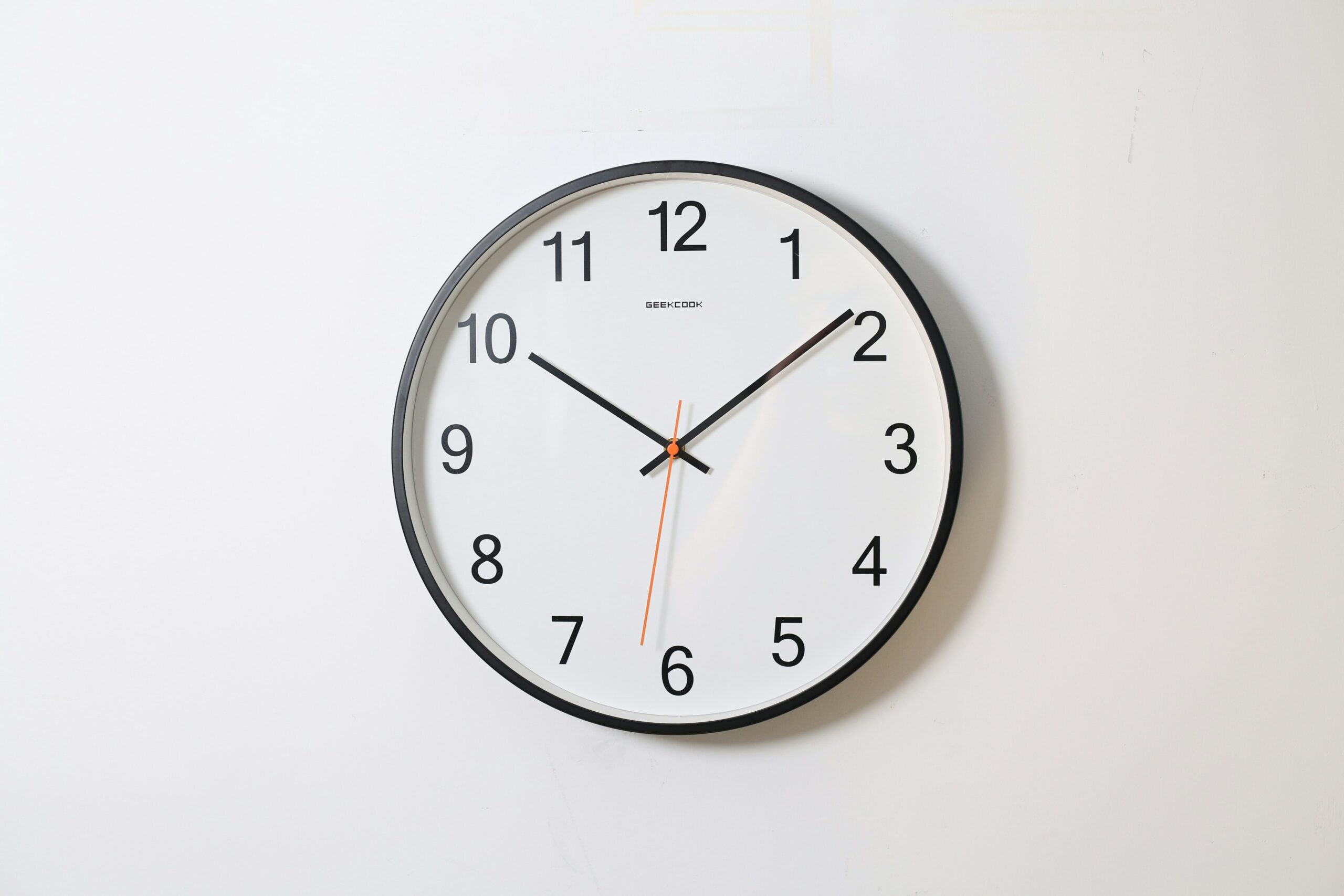What role does AI play in the hotel industry ?
9 June 2025
In the lobby of a contemporary hotel, no more queuing at reception. A terminal, a passport scan, a digital key sent directly to the phone. No words exchanged, no smiles, but everything works. Efficient, fast, silent. This is what a ‘modern’ arrival looks like in some establishments today. By 2025, artificial intelligence will not only be shaping the future of the hotel industry, it will already be redefining its very contours.
A study carried out at the Food Hotel Tech trade show in March 2025 confirms this acceleration: 75% of hoteliers are already using AI in their establishments, mainly to generate content, manage reviews or use customer chatbots. 80% of them say that they have seen tangible time savings, and more than 40% note an improvement in customer relations.
AI in the hotel industry is no longer limited to a chatbot that answers basic questions. It is becoming a veritable invisible assistant, capable of :
- predict customers' needs before they even formulate them,
- personalise recommendations (restaurants, activities, pillows, etc.),
- optimise room allocation according to profiles and preferences,
- dynamically adjust rates according to browsing behaviour,
- or respond to requests in an emotionally appropriate way using voice analysis,
But at what price ? Because this logistical perfection, this constant responsiveness, is sometimes accompanied by a strange feeling: that of being well served... without being welcomed.
Advantages & disadvantages
For some customers, time savings and fluidity are unstoppable arguments. Business travellers, for example, are delighted with this straightforward efficiency. Others, on the other hand, regret the absence of real human contact, of that little unexpected moment, of a word of advice exchanged at reception. Because that's where the magic of hospitality still lies, perhaps more than ever.
For professionals in the sector, this transition raises fundamental questions. Of course, automating certain tasks frees up time: there's no longer any need to manually re-enter each request or answer the same question twenty times. But this liberation only works if it is accompanied by new skills. Receptionists become technological mediators, managers need to know how to operate complex tools, and teams need to be trained in a hybrid approach: neither 100% human, nor 100% digital.
So it's not a question of choosing between human and machine. The challenge is to succeed in marrying the two intelligences, the technical and the emotional, to offer a truly personalised experience. Some hotels have understood this and are offering a differentiated experience: automated check-in for those who want to go fast, a personalised welcome for those who want to take their time. In this way, AI becomes a tool in the service of customer freedom.
But beware of imbalance. Because if the tool takes over, if the experience becomes too cold, too ‘perfect’, we end up losing what makes the job so special. In a world saturated with algorithms, the human touch remains what touches, surprises and builds loyalty.
In the end, the hotel industry that will fare best will not be the most robotised or the most connected. It will be the one that knows how to remain warm, while being intelligent. Modern, without being dehumanised. The one where people can say: ‘Yes, everything was simple and smooth... but what I remember is the smile on the concierge's face’.
Opening hours
Phone
Tel : +32 2 887 69 26
Email : INFO@HOSPITALITY-TALENTS.EU
Location
B-1050 Bruxelles
HorecAssist SRL
BE 0786.418.887
Enregistré en Région de
Bruxelles-Capitale sous le numéro
20441-405-20240611


